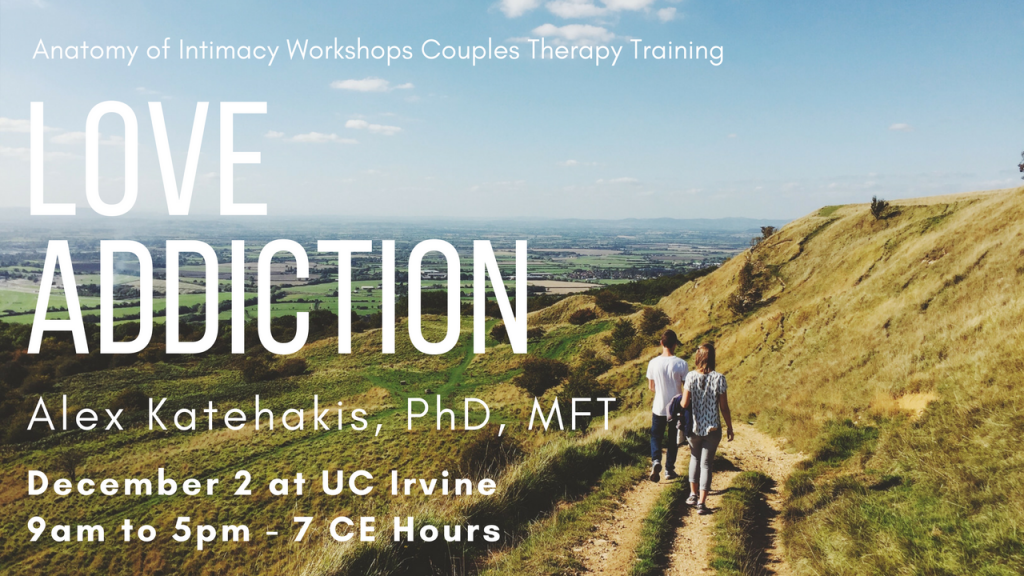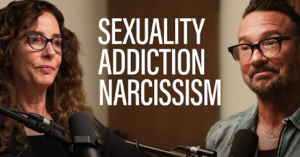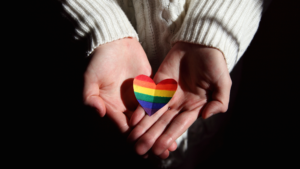Love addiction is an intimacy disorder manifested in an adult as preoccupation with an idealized, fantasy relationship that, ultimately, acts as a barrier between the person and the object of his/her desire. It is deeply rooted in a constant need for attention, validation, nurturing, and connection. When challenged to surrender unhealthy attachments to sex and fantasy, love addicts struggle with tolerating the pain of the past that begins to emerge into conscious awareness. Love addicts typically choose love avoidants, who are often sex addicts.
When the sex and love addicted couple comes into treatment, therapy can feel daunting due to the morass of secrets and lies between the pair, and the complex, unconscious dynamics pervasive in the relationship. A psychobiological approach to treating “love addiction” utilizes the principles of Interpersonal Neurobiology and affect regulation in service of healing the client’s early attachment and regulatory wounds.
Through powerful clinical videotape, case presentation, and role-play, Dr. Katehakis will demonstrate how to apply regulation theory when working with love addicts, also using 12-Step programs and focus on the somatic. Case presentations will illustrate how love addiction, much like sex addiction, is a dissociative disorder and how the acuity of symptoms experienced by love addicts keeps them in relationships with people who are unavailable and they can’t bear to leave. Dr. Katehakis shares her work with wisdom and courage. You’ll appreciate her depth of her knowledge and ability to synthesize complex concepts into a coherent model with practical application.
For more information, including location and registration, click here!



